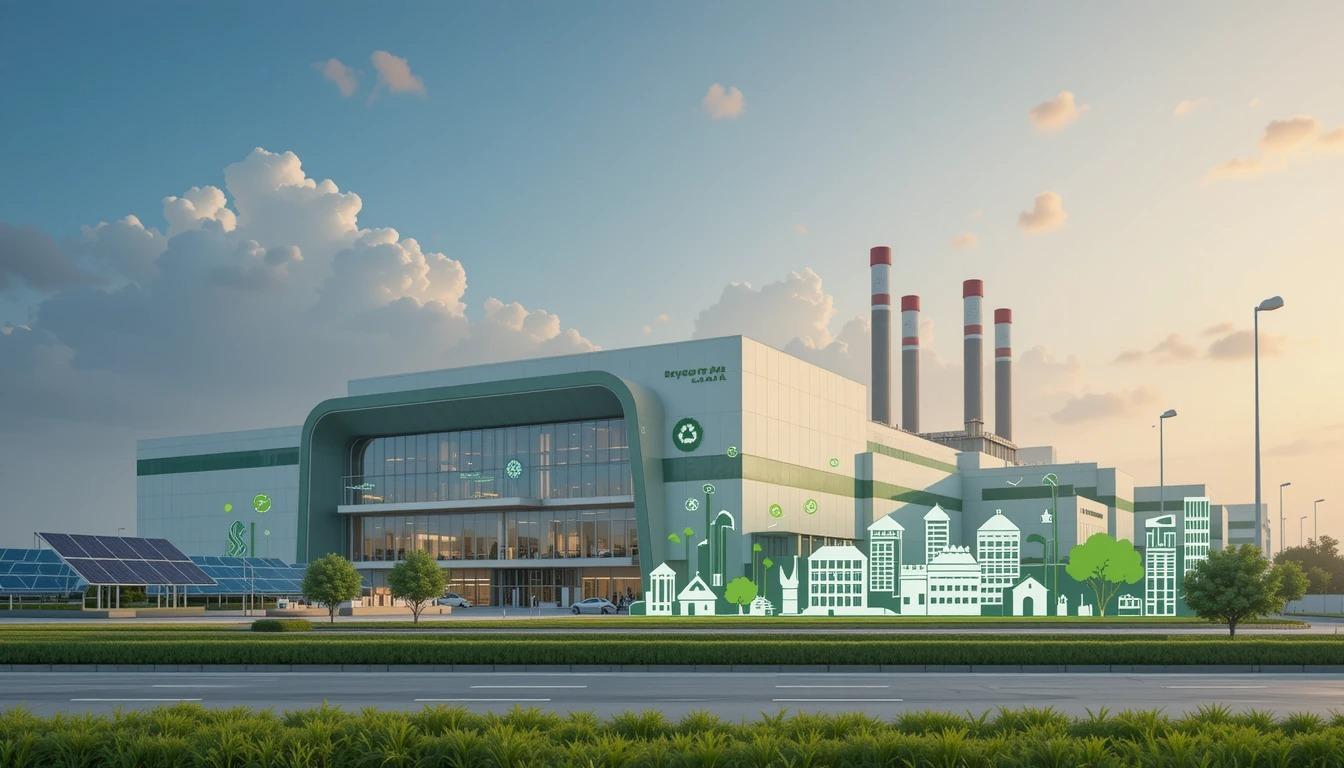Qatar’s industrial growth and environmental responsibilities go hand in hand as the nation moves toward its sustainability goals under Qatar National Vision 2030. For businesses operating in energy-intensive sectors like oil and gas, manufacturing, and construction, achieving environmental efficiency is no longer optional—it's a necessity. One of the most effective frameworks to support this journey is ISO 14001:2015, the international standard for Environmental Management Systems (EMS).
What Is ISO 14001?
ISO 14001 certification in Qatar provides a structured framework that helps organizations identify their environmental aspects, evaluate impacts, and implement controls to reduce waste, emissions, and energy usage. More than just a certification, ISO 14001 helps companies operate smarter by integrating environmental considerations into daily decision-making. It also encourages a culture of continuous improvement that aligns business performance with environmental sustainability.
Waste Reduction Through Process Control
In Qatar, where environmental regulations are growing stricter, ISO 14001 helps businesses proactively manage waste by:
-
Identifying sources of material loss in production
-
Implementing controls to prevent spills, leaks, or inefficiencies
-
Encouraging recycling, reuse, and cleaner production processes
For example, manufacturing units in the Mesaieed Industrial City have reported a measurable reduction in hazardous waste and disposal costs after adopting ISO 14001 practices. These improvements not only enhance regulatory compliance but also support the environmental reputation of the organization.
Cost Savings from Resource Efficiency
Environmental efficiency leads to financial savings. ISO 14001 encourages companies to:
-
Optimize energy use through monitoring and continuous improvement
-
Cut down on raw material wastage
-
Reduce fines or penalties from environmental non-compliance
Some companies have even reported up to 20% reduction in energy bills within the first year of implementation. These practices not only reduce operating costs but also improve reputation and increase eligibility for government tenders and partnerships—especially important in Qatar’s highly competitive industrial sectors.
Alignment with Regulatory and Market Expectations
Adopting ISO 14001 helps companies demonstrate compliance with environmental legislation set by Qatar’s Ministry of Environment and Climate Change. Additionally, international buyers and contractors increasingly expect environmental certifications from their supply chains—making ISO 14001 a valuable asset for export-oriented firms in Qatar.
Moreover, ISO 14001 can be integrated with other standards such as ISO 9001 (Quality Management) and ISO 45001 (Occupational Health and Safety), streamlining compliance efforts across different operational areas.
Conclusion
ISO 14001 is more than just an environmental standard—it’s a strategic tool for Qatari companies aiming to cut costs, reduce waste, and operate sustainably. In an economy increasingly shaped by environmental regulations and stakeholder expectations, adopting ISO 14001 offers both operational and reputational benefits. Whether you're in oil and gas, construction, or manufacturing, implementing this standard can be a critical step toward long-term efficiency, compliance, and business growth.
